Optimal Timing for Driveway Culvert Installation
Proper timing for driveway culvert installations is essential to ensure durability and effectiveness. Seasonality, weather conditions, and soil moisture levels influence the success of installation projects. Typically, the optimal period is during dry months when ground conditions are stable, reducing the risk of shifting or settling.
Spring offers moderate weather and manageable ground moisture, making it suitable for installation before heavy summer rains.
Summer can be ideal due to dry soil conditions, but high temperatures may affect curing times of certain materials.
Fall provides cooler temperatures and less rainfall, allowing for effective installation before winter.
Winter installations are generally discouraged due to frozen ground and increased risk of damage from snow and ice.
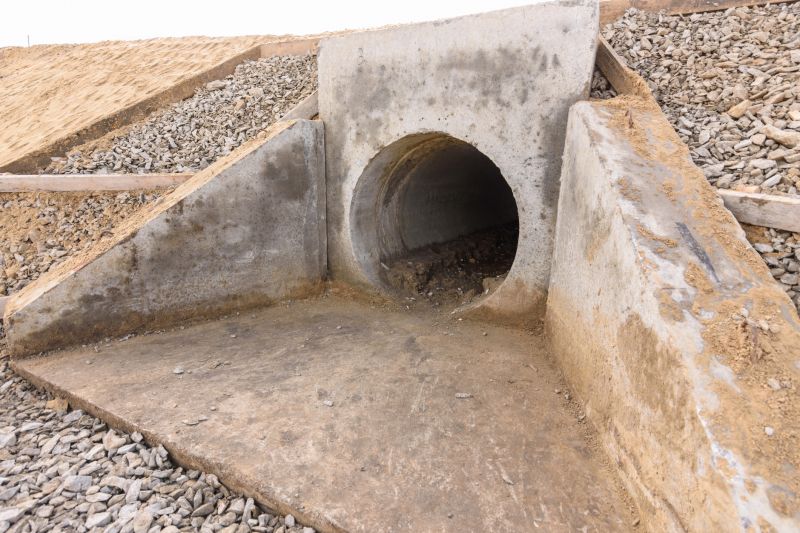
Springtime installation ensures stable ground conditions and prepares the driveway for upcoming weather changes.
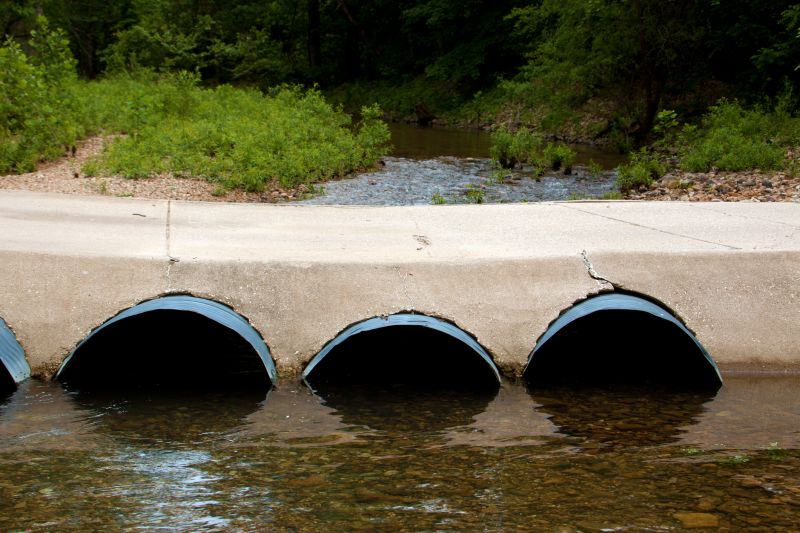
Summer's dry conditions facilitate quick and effective installation processes.
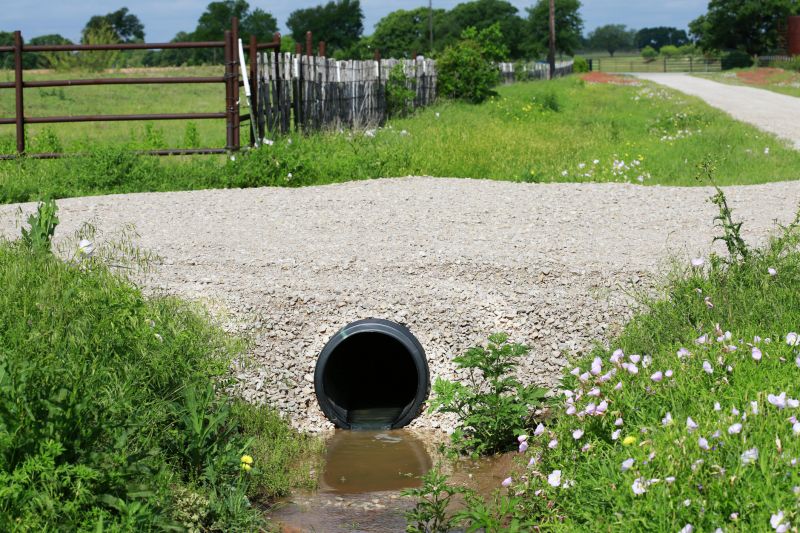
Fall provides optimal weather for installing culverts before winter sets in.
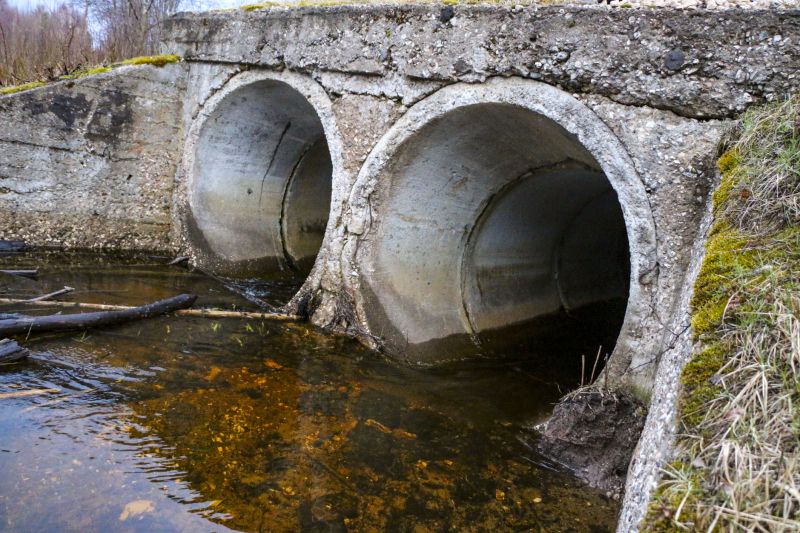
Ways to make Driveway Culvert Installations work in tight or awkward layouts.
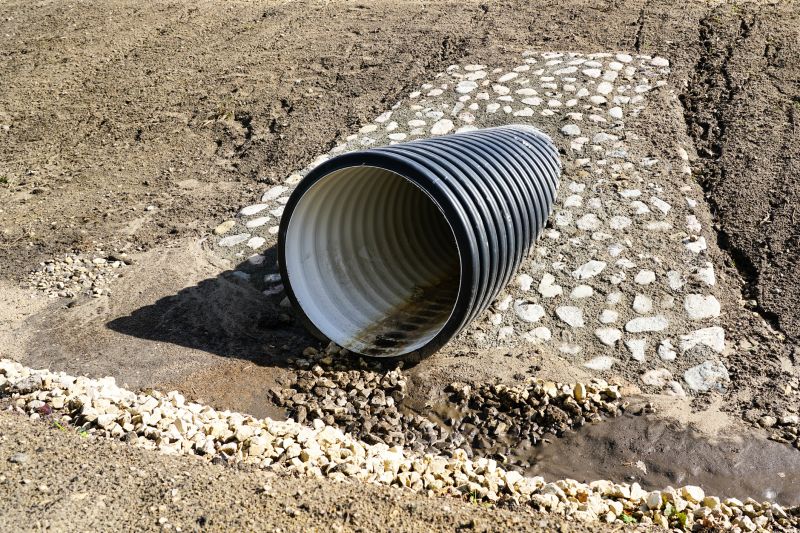
Popular materials for Driveway Culvert Installations and why they hold up over time.
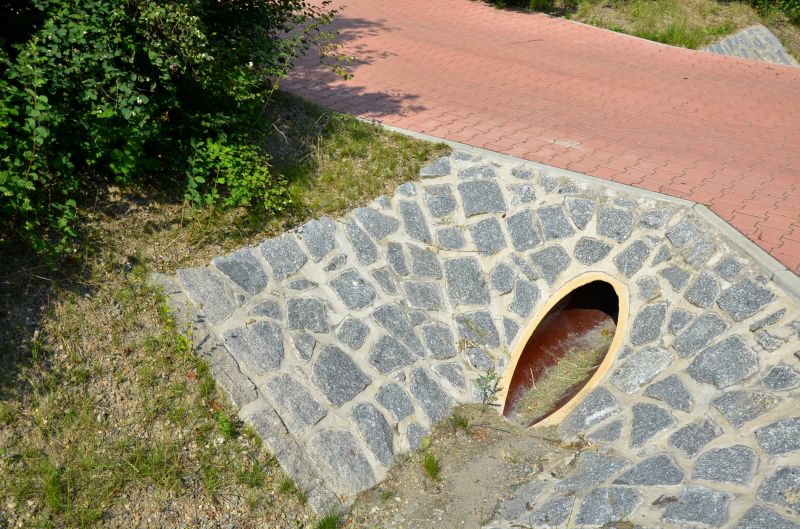
Simple add-ons that improve Driveway Culvert Installations without blowing the budget.
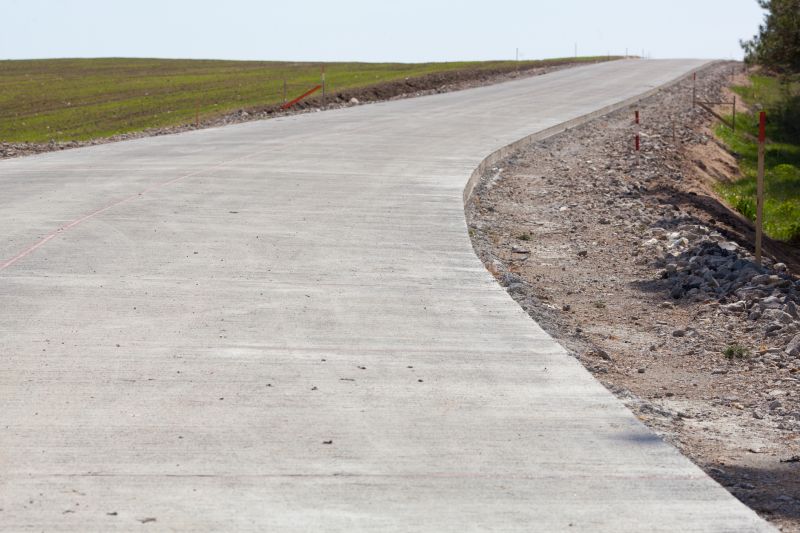
High-end options that actually feel worth it for Driveway Culvert Installations.
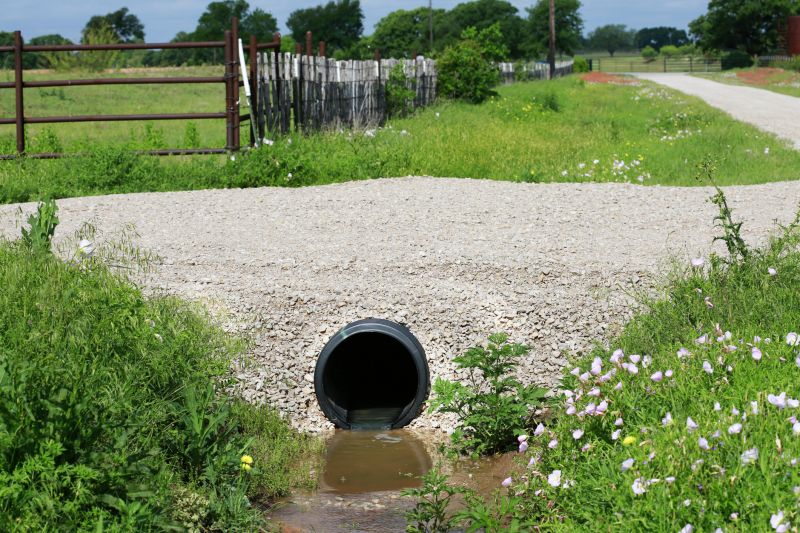
Finishes and colors that play nicely with Driveway Culvert Installations.
Driveway culvert installations are critical for managing water flow and preventing erosion. Proper installation enhances driveway longevity by directing runoff away from the surface. The process involves assessing site conditions, selecting suitable materials, and ensuring correct placement for maximum efficiency. Statistics indicate that correctly installed culverts can extend driveway lifespan by several years and reduce maintenance costs.
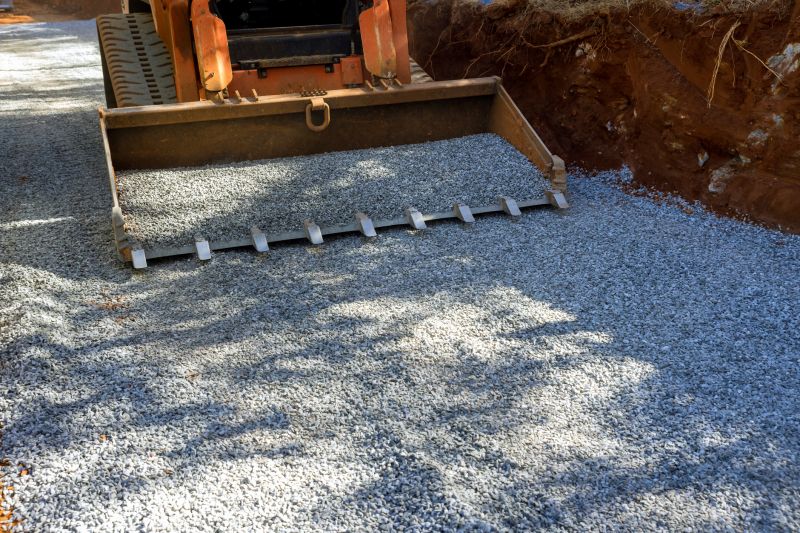
Heavy machinery is used to excavate and position culverts accurately.
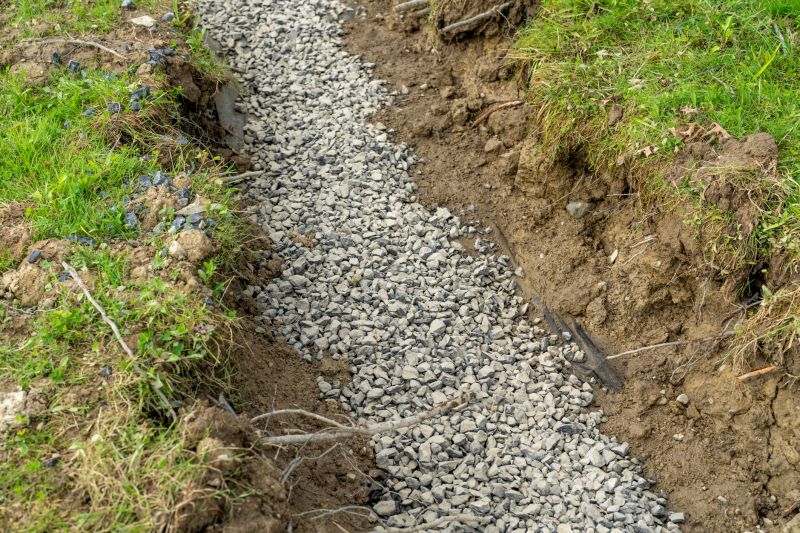
Proper grading and bedding are essential for effective water flow.
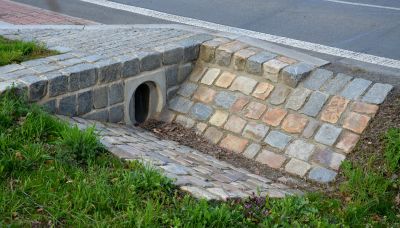
A well-installed culvert ensures smooth water passage and driveway stability.
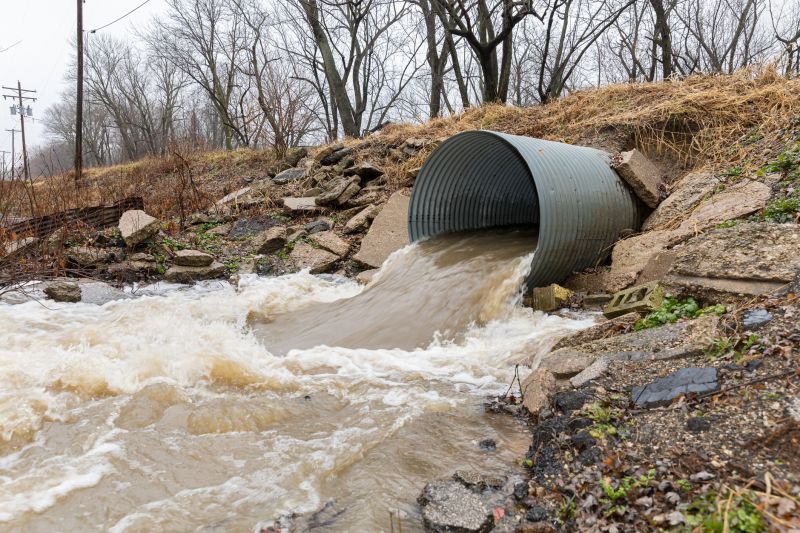
Regular inspection helps prevent blockages and structural issues.
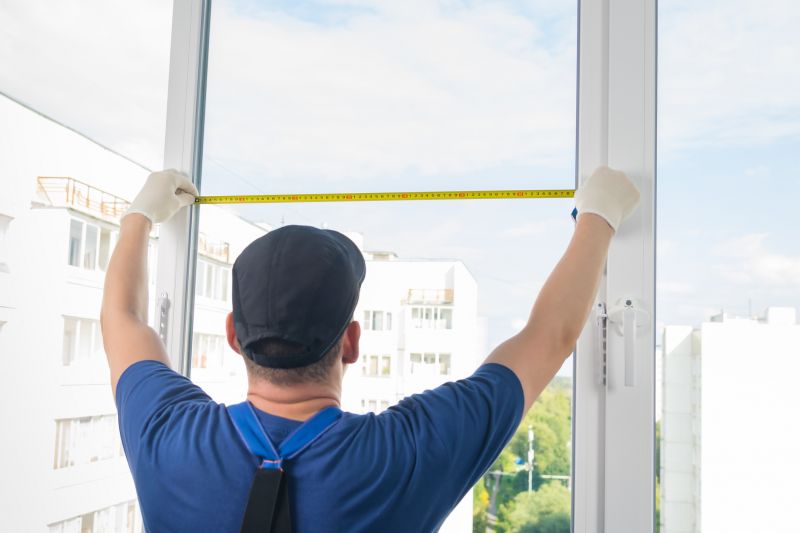
Little measurements that prevent headaches on Driveway Culvert Installations day.
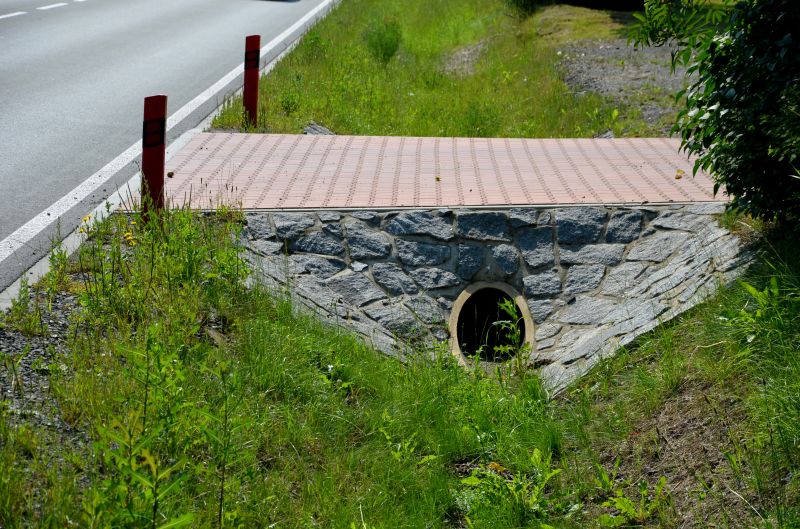
A 60-second routine that keeps Driveway Culvert Installations looking new.
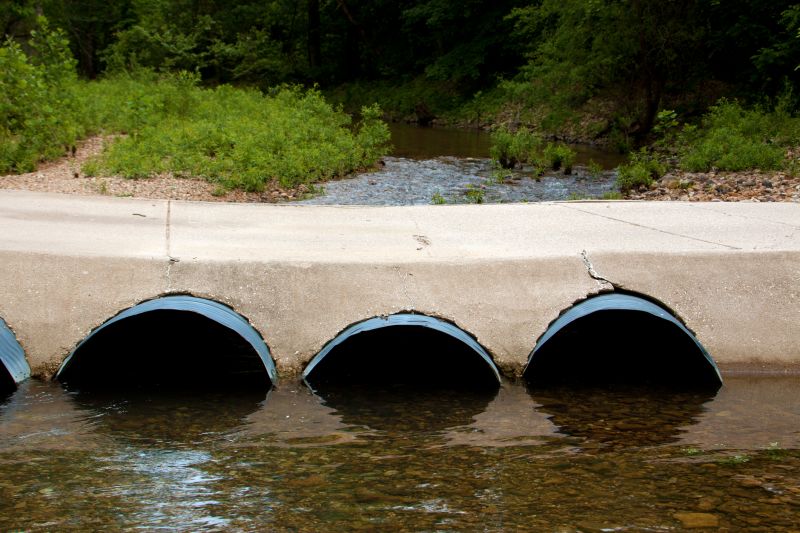
A frequent mistake in Driveway Culvert Installations and how to dodge it.
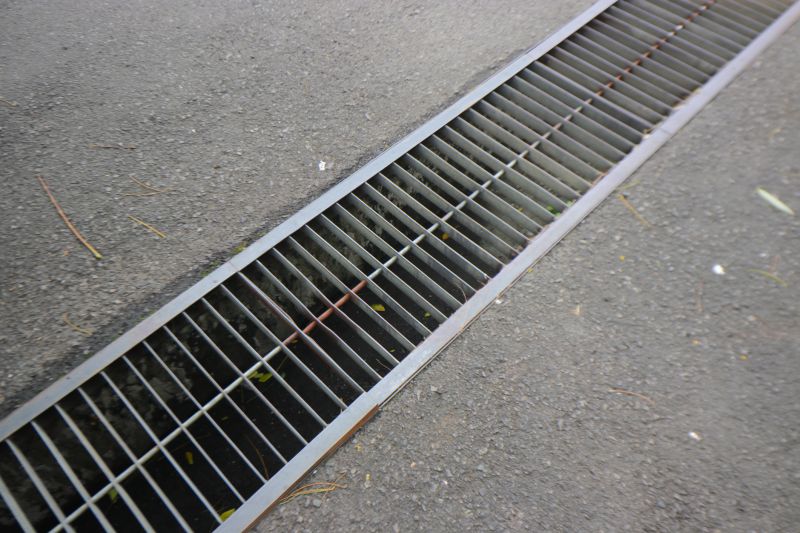
Small tweaks to make Driveway Culvert Installations safer and easier to use.
| Season | Ideal Conditions |
|---|---|
| Spring | Moderate soil moisture, manageable weather |
| Summer | Dry soil, warm temperatures |
| Fall | Cooler temperatures, less rainfall |
| Winter | Frozen ground, high risk of damage |
Choosing the right time for driveway culvert installation depends on local climate and weather patterns. Proper timing minimizes disruptions and ensures the longevity of the drainage system. Consulting with professionals can help determine the most suitable window for installation based on specific site conditions.

Planning around seasonal weather improves project outcomes.
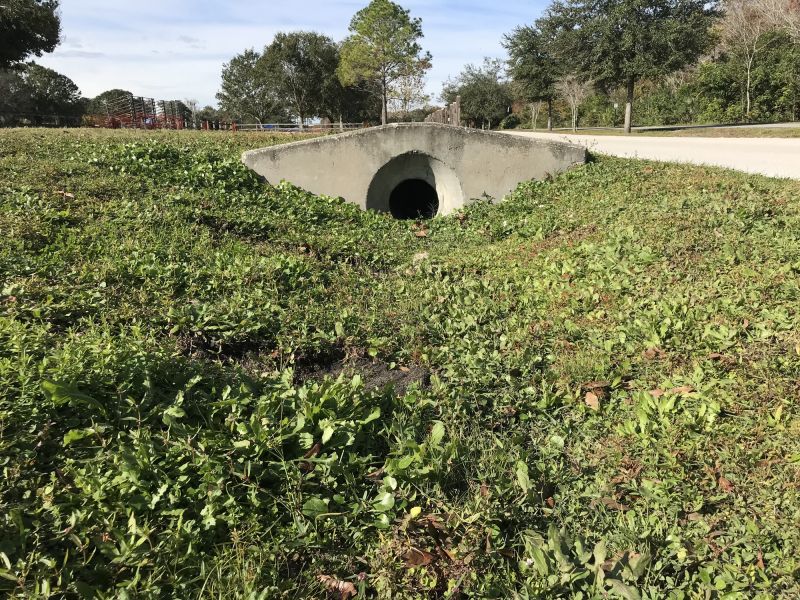
Proper soil condition is vital for secure installation.
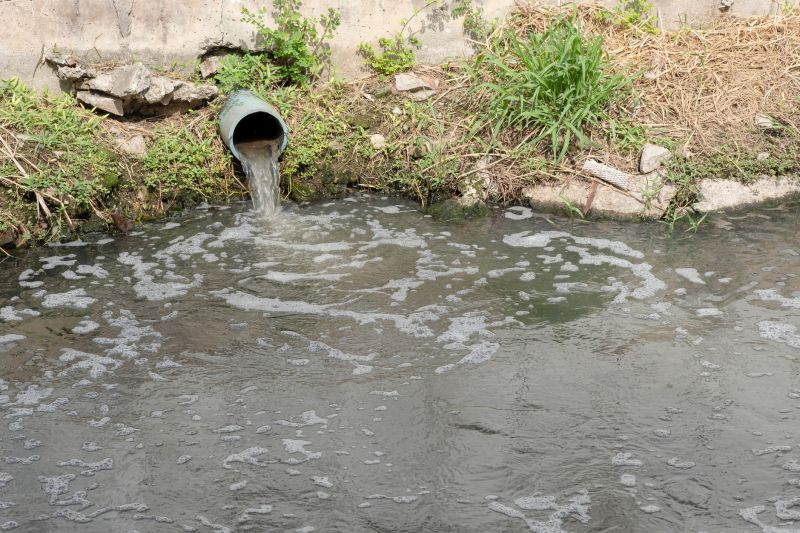
Effective drainage design prevents erosion and driveway damage.
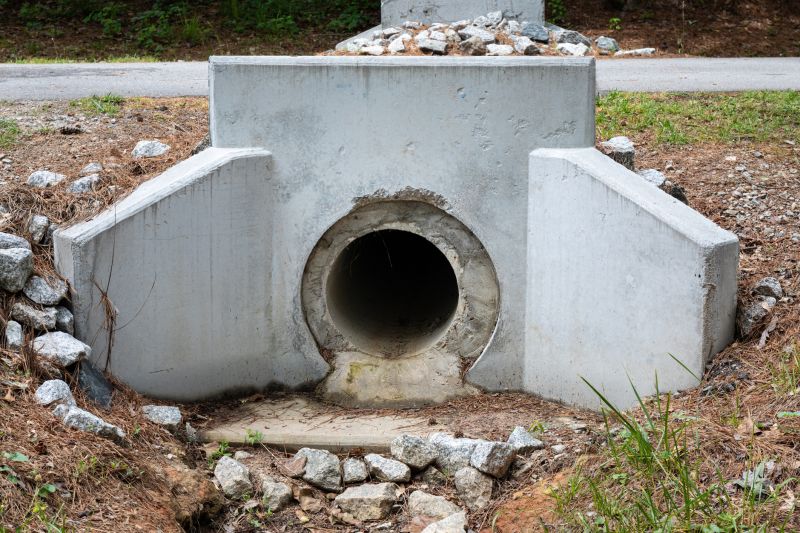
Timely installation contributes to longer-lasting driveways.
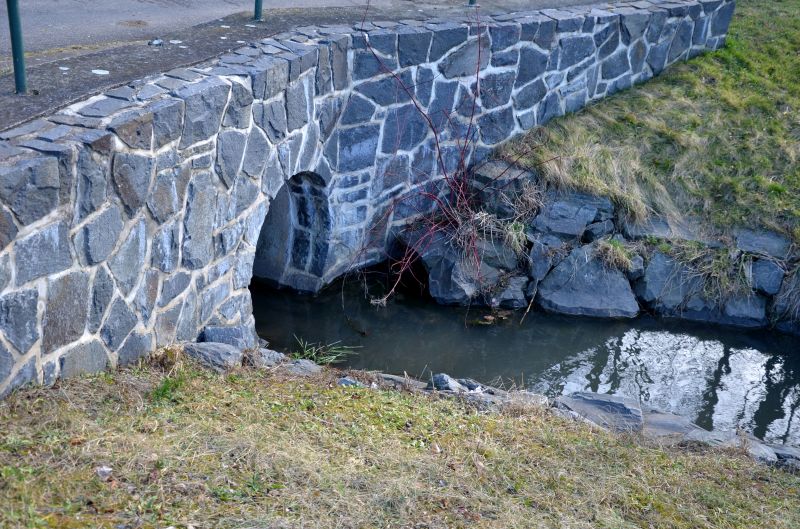
Lower-waste or water-saving choices for Driveway Culvert Installations.
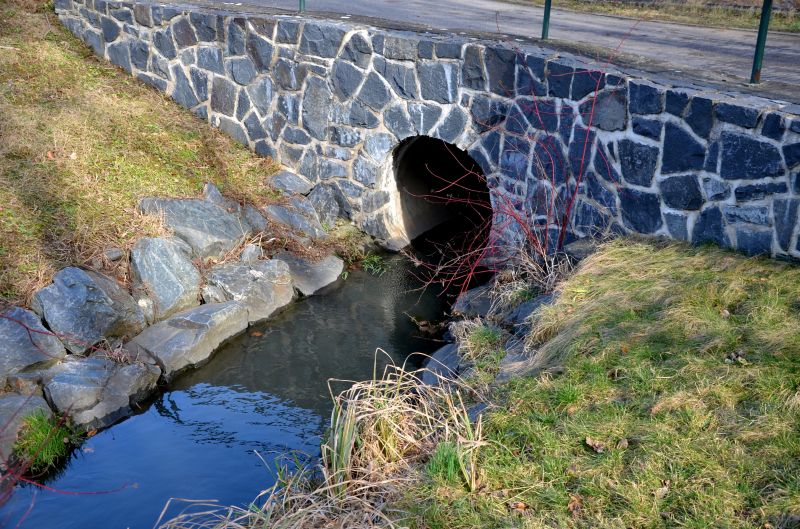
The short, realistic tool list for quality Driveway Culvert Installations.
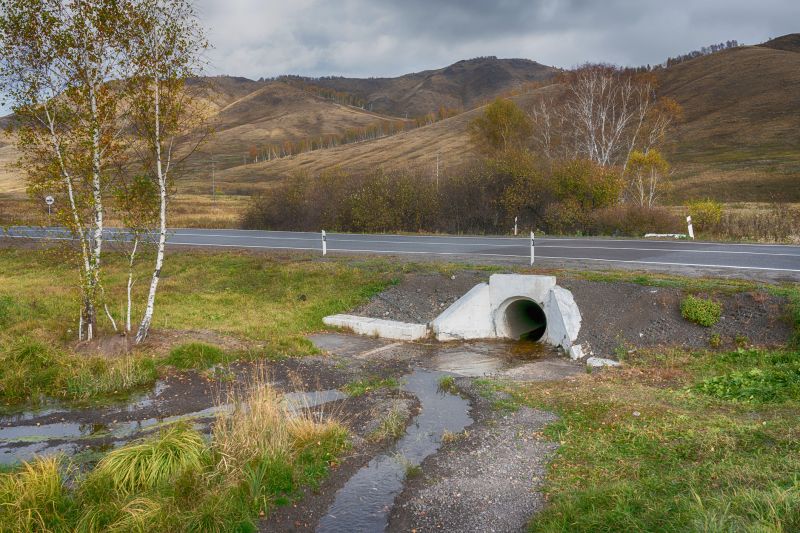
Rough timing from prep to clean-up for Driveway Culvert Installations.
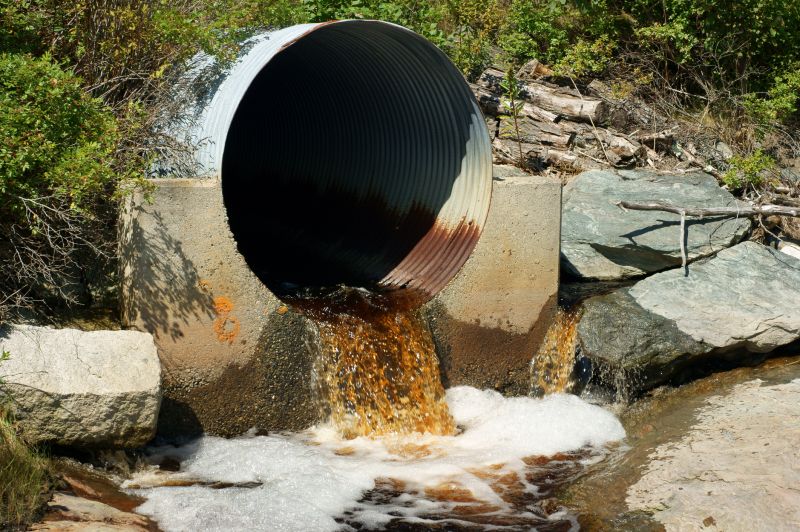
Quick checks and paperwork to keep after Driveway Culvert Installations.
Interested parties are encouraged to contact for more information or to schedule an assessment. Proper timing and installation techniques are essential for ensuring the effectiveness and longevity of driveway drainage systems.
